|
Reading Aloud for Fun and Profit
|
I don’t blog about the craft of writing all that often anymore. There are a few reasons for that. The first is that most days, actually practicing the craft of writing is just about all I can manage. Barely.
The second is that, the more books I’ve written, the less I feel I truly know. Paradoxically, it also seems like any advice I give should be actually useful advice–which kind of scares me, because I am not a teacher. Some people have a true gift for crystallizing points of craft and imparting them as useful nuggets to other writers. Sadly, I’m not one of them. Plotting systems, storyboards, character worksheets, articles that tout “The Four (or Five or Nine or Eighteen) Essential Elements to Story” just make me break out in hives. And when I say that, I don’t mean to disparage them. For writers whose brains are wired that way, I’m sure they are lovely, useful things. To me, it’s kind of like childbirth. I would not dare criticize a writer’s process, any more than I would criticize a woman’s decision to give birth in a swimming pool–whatever feels right for you and gets the baby (or book) out, it’s all good.
When discussing my reaction to storyboards, I have often joked that I am allergic to squares. It’s more like, I just don’t think about stories spatially. Doesn’t work for me. By the same token, I am very reluctant to put forth the way I write books as any kind of model–because what works for me might not work at all for others.
So, what am I getting at here?
Ah, yes. I’m here to expound on a point of craft. Hahahahaha.
Seriously, the other day I finally thought of something that I believe is actually, truly really good writing advice. And that is to read stories aloud. Preferably to an audience.
Before I had my own children and started writing seriously, I worked as a full-time librarian. And one of my librarian duties was children’s storytime. Yep, I got to be that one with the puppets and the flannelboard and lead the little cross-legged children in endless rounds of “Twinkle, Twinkle Little Star” and “Teddy Bear, Teddy Bear”. Tons of fun. It’s a great job.
It also was great preparation for writing stories of my own. I don’t think any writer would disagree with the statement that if you want to write stories, you should read as many of them as you can. The more stories you take in, the more you internalize that natural story structure (that then some clever people are able to break into five/nine/eighteen points). But the other day, as I was reading aloud to my eldest dareling from a children’s book, I realized that so much of what I’ve learned about pacing, humor, suspense, and the like, I learned by reading and telling stories to others. In particular, preschool children. Let me tell you, 3- and 4-year-olds are a tough crowd. When they are bored, you know it. If they don’t think it’s funny, they won’t laugh. But they are also free with their genuine, instantaneous reactions. They’re the furthest thing from jaded. If they’re amazed, they say, “Wow!” If they’re scared, they burrow closer. If they’re confused, they ask a million billion questions.
Now that I have my own kids, I have a captive audience. Muahaha. And now that they’re getting a little older, we sometimes read longer stories (“chapter books,” in kidspeak). Some of the books my daughter adores are mind-numbing for me (won’t name names), but we also find a good many books that entertain us both. Lately we’ve been reading through Edward Eager’s brilliant Half Magic, and let me tell you, reading that book aloud is the best writing class I’ve had in a long time.
When you read (or tell) stories to an audience, you become a key part of their delivery. It’s an entirely new experience–the difference between reading a play, and staging a production of it. You gain a sense for the rhythm of language. You can tell if the dialogue feels natural or not. You get a backstage view of the drama unfolding. You must make decisions about how fast or slow a passage should be read; whether it could be played for laughs; whether this is the moment to drop your voice to an ominous whisper and milk the moment for suspense…
And you also know when it’s just not working. That’s when you start to skim or skip pages.
Reading aloud gives me an appreciation for the author’s ability to set up expectations in the reader’s or listener’s mind. I love watching how s/he nurtures those expectations, then meets/twists/exceeds/fails them in the end. I have a true admiration for authors like Margaret Wise Brown, whose enchanting prose casts a perfect little spell over my children, because I am never tempted to reword for clarity or skip pages. Goodnight Moon is Goodnight Moon is Goodnight Moon. A perfect little gem of a book that needs no polish whatsoever. Only a voice to read it, and a hand to turn pages.
Anyway, my point of this blog post was just to say, I think I have stumbled on a bit of craft advice that I can feel reasonably secure in recommending to all aspiring authors as an activity of benefit. And it is this:
Find some kids and read aloud to them.
Have you read aloud any great books lately? Have any surefire points of craft advice?
(No squares, please!)


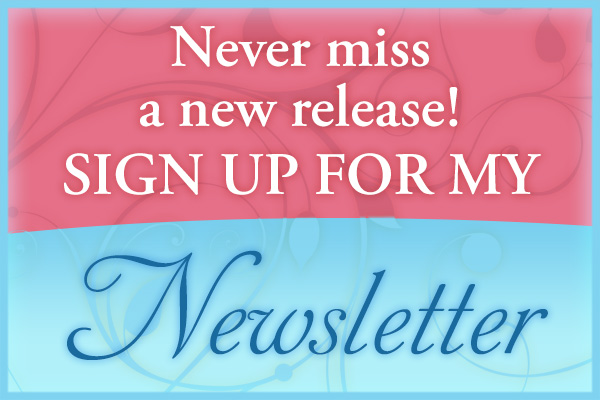
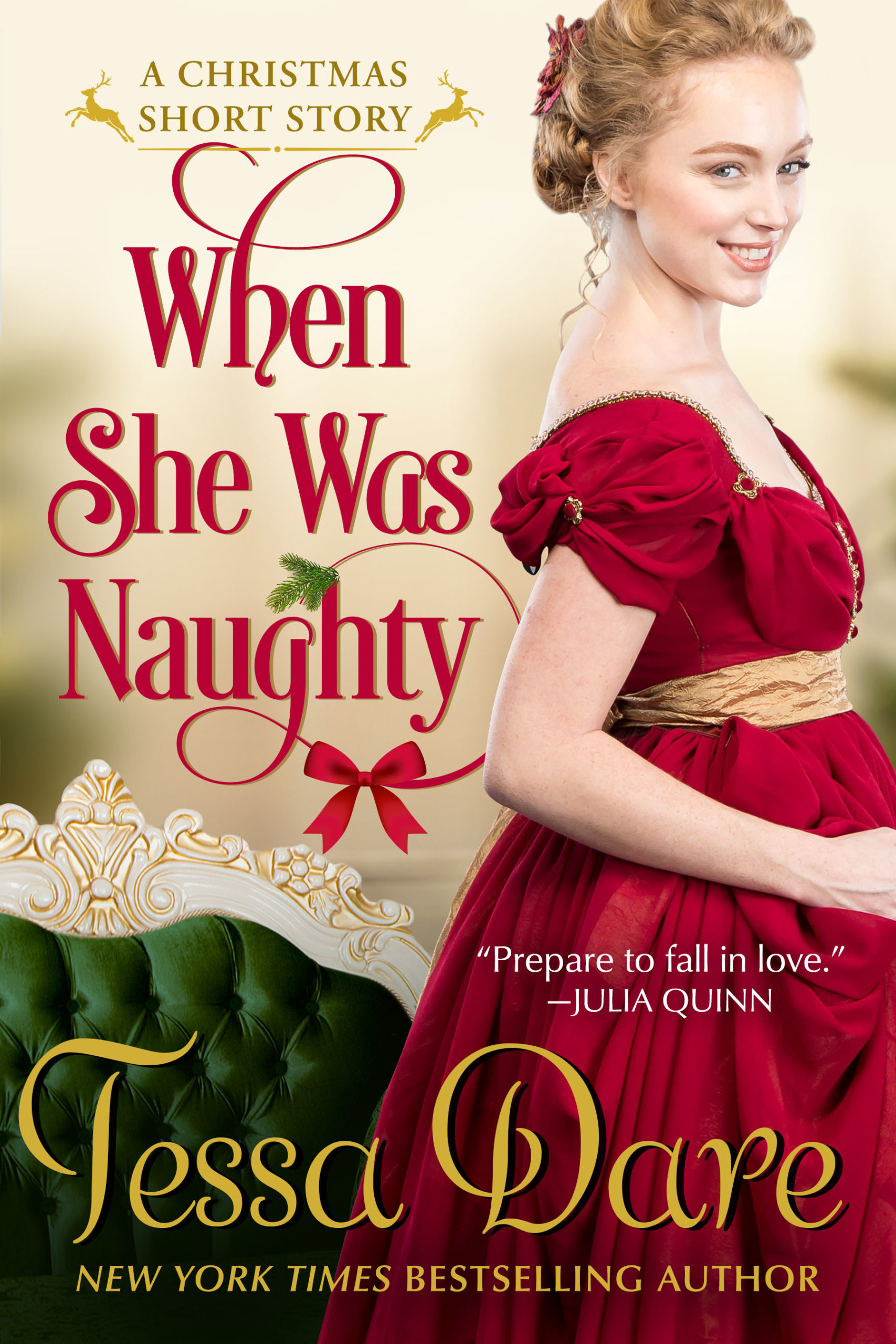
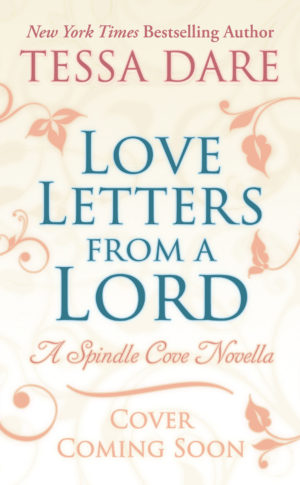
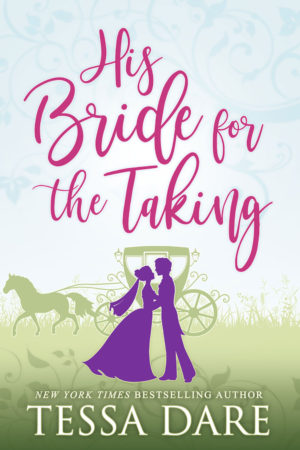
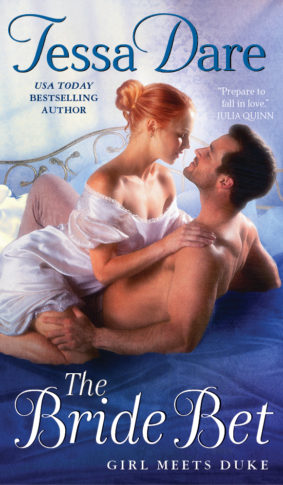
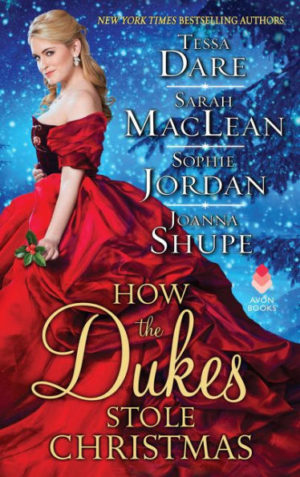
Comment
Great post and advice. Thanks.
Comment
Well, when you do expound on craft, it’s always worthwhile. There are things you said to me back in our earliest days of talking writing that I continue to use as an editor and pass on to other writers. Thanks for giving me another gem to share. 🙂
Comment
Thanks, Kwana!
Lindsey, zomg whut? I had pearls of wisdom? What did you do with them, I need them back! (Srsly, I am dying to know what you’re talking about)
Comment
Great blog Tessa! That is one of the many, many things I am looking forward to: reading to my own child. So far, he has heard me read chapter of chapter of my current work in progress. At 26 or so weeks, I don’t think he can quite understand me. If he does, he may think he is being born in Regency England:)
Comment
Hi- I am a teacher so I often read to my students (and my 5 year old son). It does help, tremendously so. Thanks for posting it and sharing your wisdom with us, the not yet published authors. By the way, I really enjoyed your speech in San Diego (RWASD) in Jan. You are very funny! Jinhee 😆
Comment
Sorry to be replying so late…
@Sarah Tormey: How great that your son is getting in utero hero training! He will be born a true gentleman. 😉
@Jinhee: Thanks so much, Jinhee! I had a great time visiting your chapter. Everyone was so nice. Good on you for being a teacher! Teachers are true heroes.